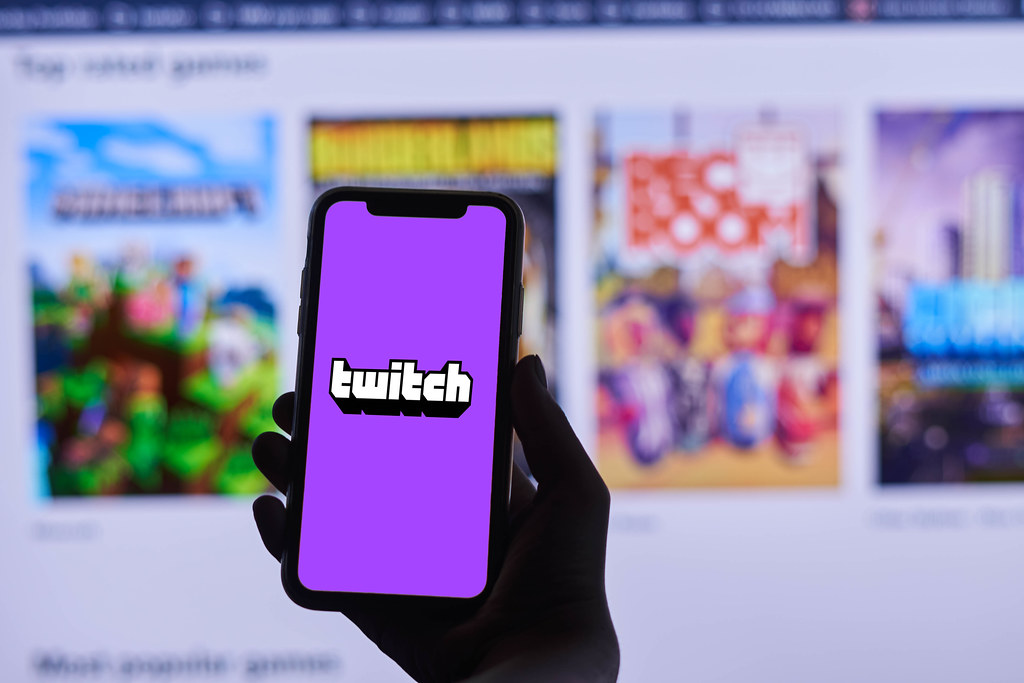There is no debate on whether or not the years of the pandemic have changed the status quo for many communities. These communities have learned to adapt to the circumstances of the pandemic.
Twitch has become the home for many new and old gamers. The pandemic has given viewers more time to binge-watch their favorite creators, as well as spawn a new generation of streamers.
Gaming and streaming communities have flourished during this time because of the accessibility. Games are coming out predominantly digitally, and streamers from all over the world create endless content.
Twitch has capitalized on this increased traffic by adding new features to the website such as “drops” where viewers can earn in-game content by watching streams. One of the most successful drops was access to the “Valorant” beta at the beginning of the pandemic.
This drop was so successful that the viewership for the official release of the game was three times smaller than the viewership for the beta.
From the beginning of the pandemic in March 2020 to March 2021, Twitch grew around 80%. This translates to Twitch viewers watching 1.8 billion hours, compared to 1.1 billion hours the previous year.
Many viewers often watch one or two streamers and engage with them on several sites. A popular subreddit called “r/LivestreamFail” is home to short videos of Twitch live streams called “clips.” Despite the name, the subreddit is really a place for humorous clips of the most popular streamers.
Using other social media sites such as Twitter, Reddit, or YouTube, creators can engage with their viewers and grow their communities.
The site has become much more of a general streaming site, not exclusively gaming-focused. Hosting streams for podcasts, real-life events and sports broadcasts. Another rising category of streams is esports.
Esports viewership on the site has exceeded traditional sports viewership over the past few years and is expected to continue to rise.
The rising popularity of Discord also allows gamers to talk in voice chats and congregate to play together. This, coupled with the explosion in the development of multiplayer games, creates a positive feedback loop for new and old gamers.
According to The Washington Post, the video game industry reached about 1.6 billion dollars in sales, which is a 35% increase from past years. This metric is projected to continue climbing exponentially in the coming years because of new audiences and ease of access.

